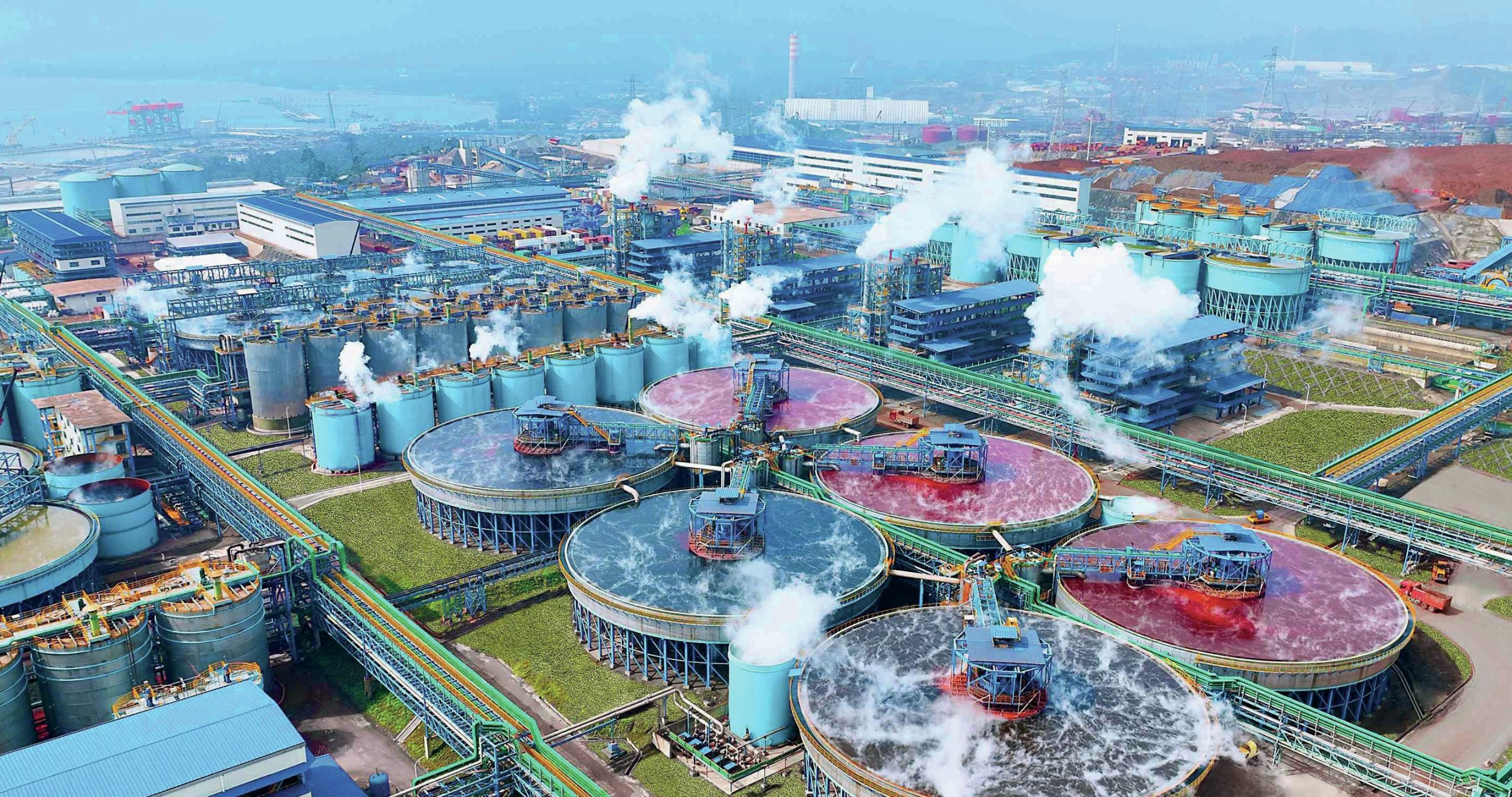Fertilizer International 525 Mar-Apr 2025

18 March 2025
Indefinite ammonia plant shutdown
SKW Piesteritz, one of Germany’s last remaining fertilizer producers, cut production and closed one of its two ammonia plants indefinitely in mid-January, citing market and political conditions.

Antje Bittner, the company’s chief strategy officer/managing director, said: “For almost three years, we have been warning of massive disruptions in the fertilizer market as a result of the Russian war of aggression. To date, politicians have done absolutely nothing effective to prevent the European market from being flooded with cheap Russian fertilizers. In addition, companies like SKW Piesteritz are being forced out of the market by decisions of the federal government that are increasing our competitive disadvantages.”
Previously, SKW Piesteritz said it has been able to maintain fertilizer production during the critical domestic application period for German agriculture. But that this was no longer the case.
“This has been challenging in the past, but we have always taken responsibility for the long-term stable supply of domestic products to agriculture. This is no longer possible for economic reasons,” said Bittner.
“Since 2022, federal policy has increasingly placed a burden on our company beyond what is economically viable, despite urgent warnings to the responsible federal ministers. Now we are forced to react. We are being pressured by politicians to massively reduce fertilizer production,” she added.
The company called on the German federal government to create viable economic conditions for Germany’s domestic fertilizer industry.
Carsten Franzke, SKW Piesteritz’s Managing Director, said: “If production in Germany is still desired at all, then the procurement costs for energy and gas must be reduced urgently. In the short term, the gas storage levy must also be abolished without replacement for domestic industry, and not just for foreign consumers as was recently the case.”
He added: “The CO2 certificate system must also be fundamentally revised in the foreseeable future. The ancillary energy costs must be reduced to a level before 2022. All the facts are known.”




